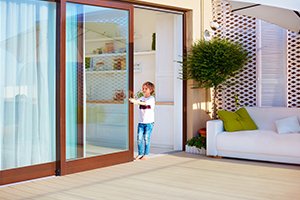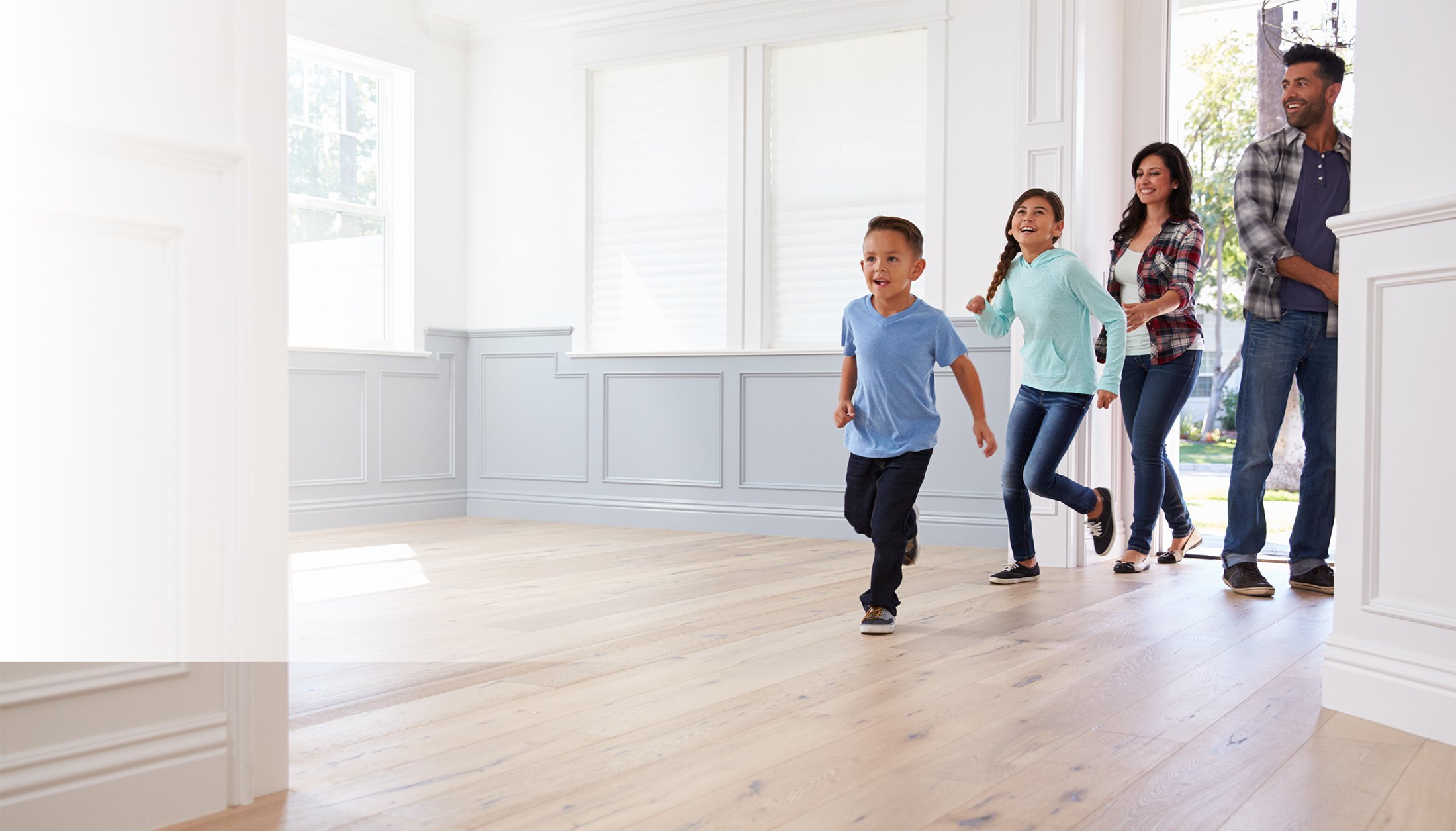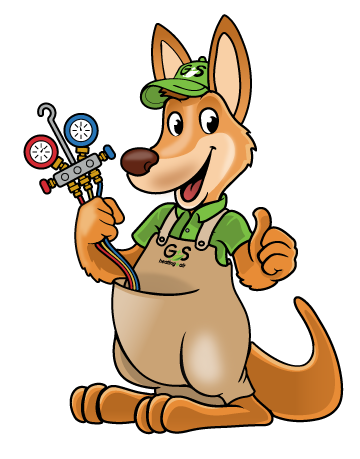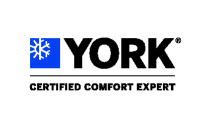
Different types of HVAC systems run better or worse depending on whether interior doors are open or closed. Here’s a breakdown of the effects each has on your heating and cooling systems.
Window, Portable, and Ductless Mini-Split Systems
When you have room-specific cooling and heating systems, keeping doors closed can help retain the temperature. However, when the doors are open, the units are less efficient because the cooled or heated air leaves the room and into the rest of the house. If you have your system zoned to manage the temperature in every room, this isn’t as much of an issue.
Central Heat and Air
Central HVAC systems use a blower fan to circulate heated or cooled air through the ducts in your house. Because it’s usually one central unit connected to all the ducts in your house, there is a balance to the pressure created by the system. Closed doors unbalance the system and create pressure changes. In essence, you are blocking the supply air from making it’s way back to your central return. These pressure changes make your heating and cooling systems work overtime to compensate for temperature changes. Leaving interior doors open will ensure consistent temperatures that your HVAC can keep up with.
The answer to whether you should keep interior doors open is that it all depends. The type of HVAC system will determine which is best and which will impact the temperatures in your home and the efficiency of your system.
For more information on how to better heat and cool your home and whether you should leave doors open or closed, talk to the team of experts at G+S Heating and Air.












